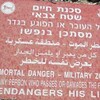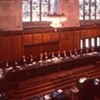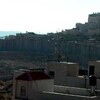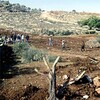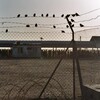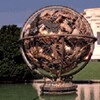
A Palestinian Authority steeped in paralysis and corruption
18 February 2004
The Palestinian Authority is in a critical and untenable state, writes EI contributor Hasan Abu Nimah. On the international front it is engaged in futile diplomacy designed to restore its reason for existence. Meanwhile on the home front, new allegations of corruption implicate prime minister Ahmed Qureia, Suha Arafat, the wife of the Palestinian leader, and Palestinian cabinet minister Jamil Tarifi. Yet neither Qureia’s nor Mrs. Arafat’s denials will do much to clear the thickening clouds of suspicion and mistrust that hang over the PA. Neither does the ongoing Palestinian parliamentary investigation offer much hope, in the light of earlier experience. Read more about A Palestinian Authority steeped in paralysis and corruption

